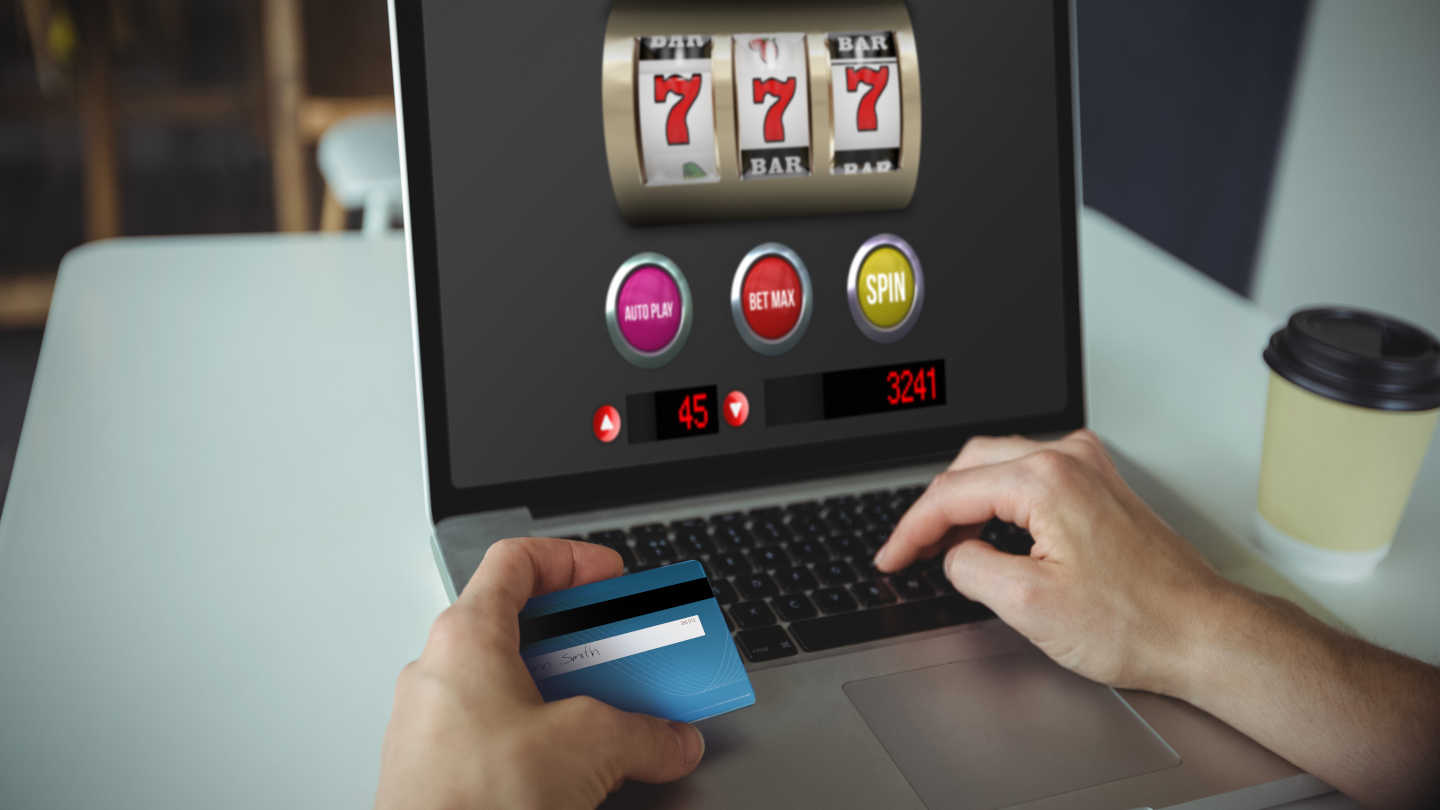Profiling Live Poker Players – Expert Tips by Fedor Holz

3 minutes
Last Updated: November 5, 2023
If you want to become a top player in your games, make sure to learn from the best and check Pokercode.
…
Whenever I get to a new table, one of the most important things I want to understand as quickly as possible is who are the players I’ll be able to extract the most value from.
Of course, this is no easy task, especially if you have no history with the players, but there are things you can do to improve the process, and these will be the focus of this article.
Usually, I’ll start by scanning the table and trying to categorize players and recognize areas in which they could be lacking.
Although this will be merely a feeling, to begin with, it is a feeling based on countless thousands of poker hands I’ve played over the course of my career.
I’ll try my best to explain the thought process at work here and give you an insight into how I approach these situations.
Categorizing Players by Type
There are certain assumptions you can make even without knowing too many details about a particular player. These are very helpful to get you started.
For example, whenever I face a younger unknown player, there are a couple of things I can presume:
- They likely have a decent understanding of hand ranges and the theoretical side of the game.
- Their live experience is likely lacking.
I will adjust my strategy accordingly, trying to pick up some live reads and outplay them in some bigger pots if the opportunity presents itself.

Images courtesy of PokerGO
On the other side of this spectrum, a recreational player who frequently plays live but probably doesn’t have a great understanding of poker theory will probably struggle with constructing their ranges and playing after the flop.
When facing this type of player, I’ll look to get in as many value spots as possible against them, as that’s where I’ll find my edge.
Using Passive Information to Your Advantage
There is a lot of information you can pick up about players without even playing a single hand against them. This can be almost anything: the way they dress, how they talk, and even what they talk about.
The idea here is to try and figure out the player’s background, which I can use to apply my exploits.
It’s important to note that you shouldn’t be too certain about these observations, as they are fairly superficial at the end of the day.
However, from my experience over the years, these have helped me a lot, and they do work very well as general population tendencies.
Summary
When categorizing players at a table, focus on figuring out which players are worse than you and which ones you can expect to extract the most value from.
Simultaneously, stay aware and cautious of the players who might be better than you.
Working with this information, you can adjust your ranges and overall strategy to play more hands against weaker opponents and stay on the tighter side against the better ones.

The main idea is to avoid getting yourself in difficult spots against tough opponents and build your experience.
As you do that, you’ll become better, allowing you to play more hands against all types of opponents, narrowing the gap between you and the rest of the field.
Don’t overestimate yourself (as it can negatively affect your win rate), but don’t over-adjust, either. Use the information that’s available to you and try to take advantage of it as much as possible!




















